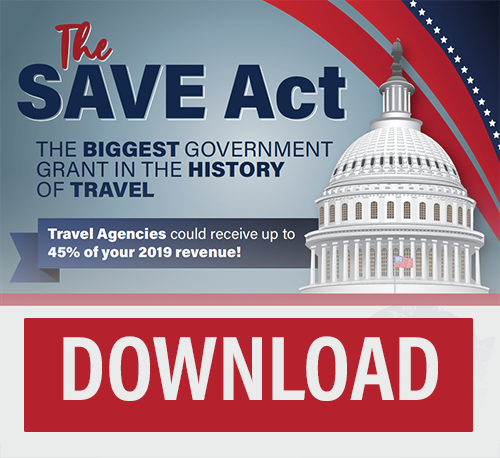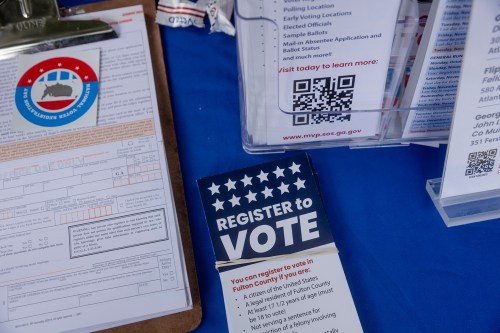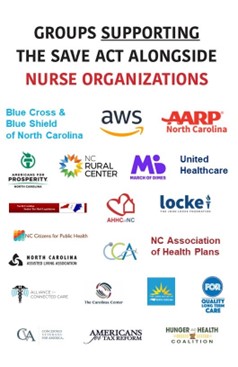Table of Contents
- The SAVE Act Would Disenfranchise Millions of Citizens - Center for ...
- SAVE Act Passes House, Aiming to Prevent Noncitizen Voting
- The SAVE Act Explained
- The SAVE Act: The Biggest Government Grant in the History of Travel ...
- Oppose the SAVE Act (H.R. 22) - A Voter Suppression Bill - House Vote ...
- SAVE Act Bill 2025: What You Need to Know
- Mike Johnson’s SAVE Act Stunt May Shut Down the Government
- Key Vote Alert – “YES " on the Safeguard American Voter Eligibility ...
- Bipartisan SAVE Act Introduced; NC Legislators Aim to Increase Access ...
- Nc Save Act 2024 - Jorry Joella


Introduction to the SAVE Act



Key Provisions of the SAVE Act




Benefits of the SAVE Act
The SAVE Act is expected to have numerous benefits for the United States government and its citizens. Some of the potential advantages of the legislation include: Improved Fiscal Responsibility: By promoting transparency, accountability, and efficiency, the SAVE Act can help reduce the national debt and ensure a more sustainable financial future. Enhanced Government Accountability: The bill's provisions can help restore trust in government by preventing waste, fraud, and abuse, and ensuring that taxpayer dollars are utilized effectively. Increased Economic Growth: By reducing inefficiency and promoting responsible government spending, the SAVE Act can contribute to a more stable and prosperous economy. The SAVE Act, H.R.22 - 119th Congress (2025-2026), is a significant piece of legislation that has the potential to transform the way the United States government operates. By promoting fiscal responsibility, transparency, and accountability, the bill can help ensure a more sustainable financial future for the country. As the legislation continues to move through the congressional process, it is essential to stay informed about its progress and potential implications. By understanding the SAVE Act and its provisions, citizens can play an active role in shaping the future of government spending and promoting a more responsible and efficient use of taxpayer dollars.This article is for informational purposes only and is not intended to provide professional advice. For more information on the SAVE Act and its provisions, please visit the official website of the U.S. Congress or consult with a qualified expert.